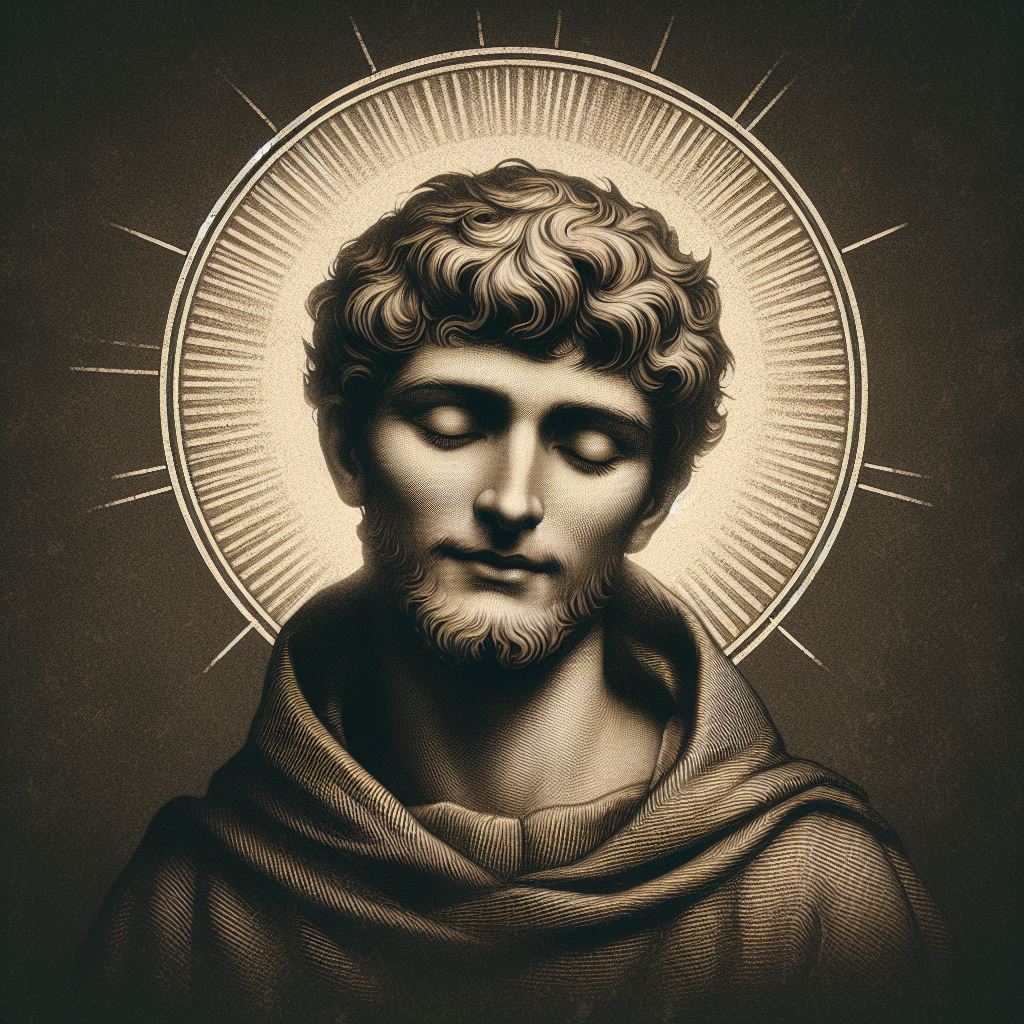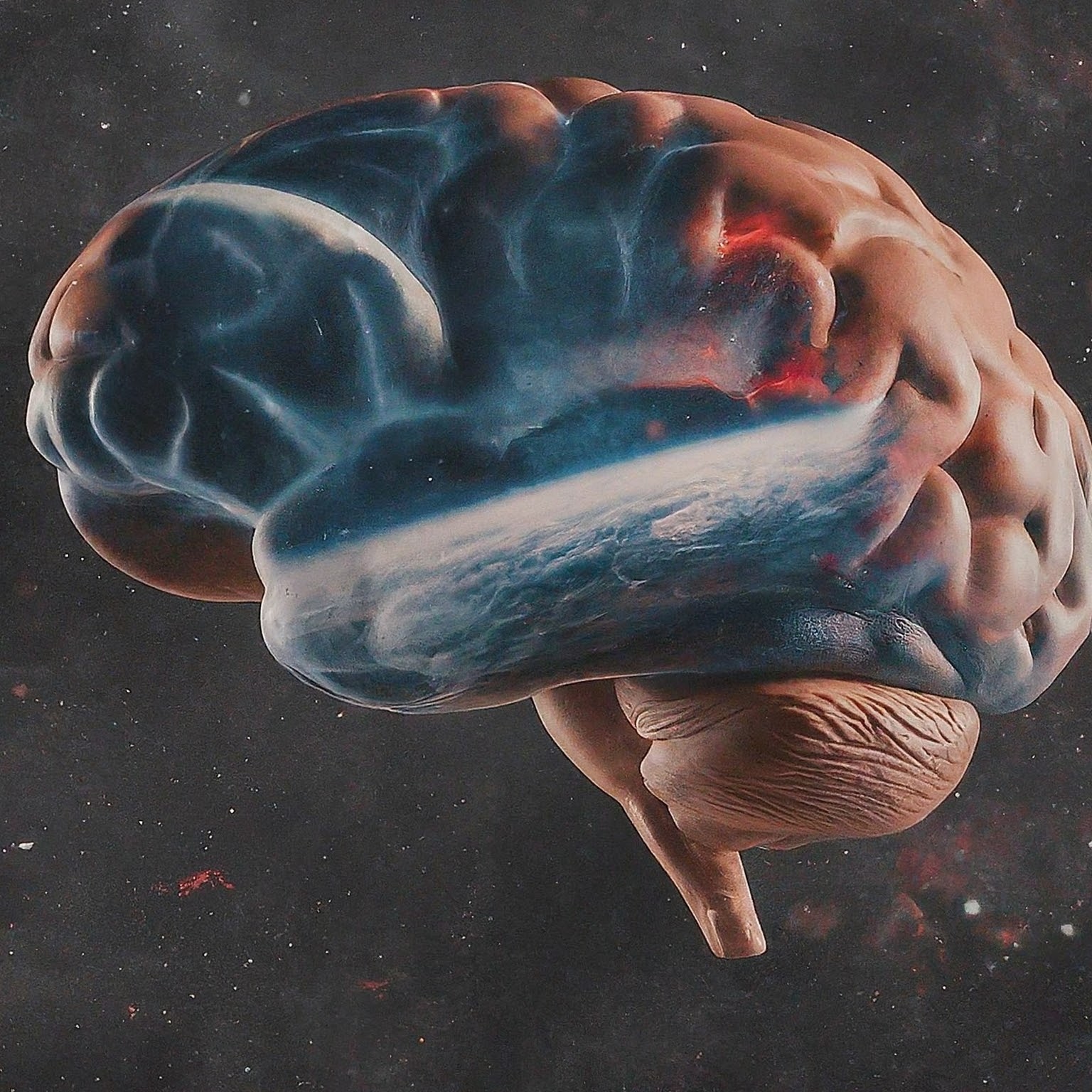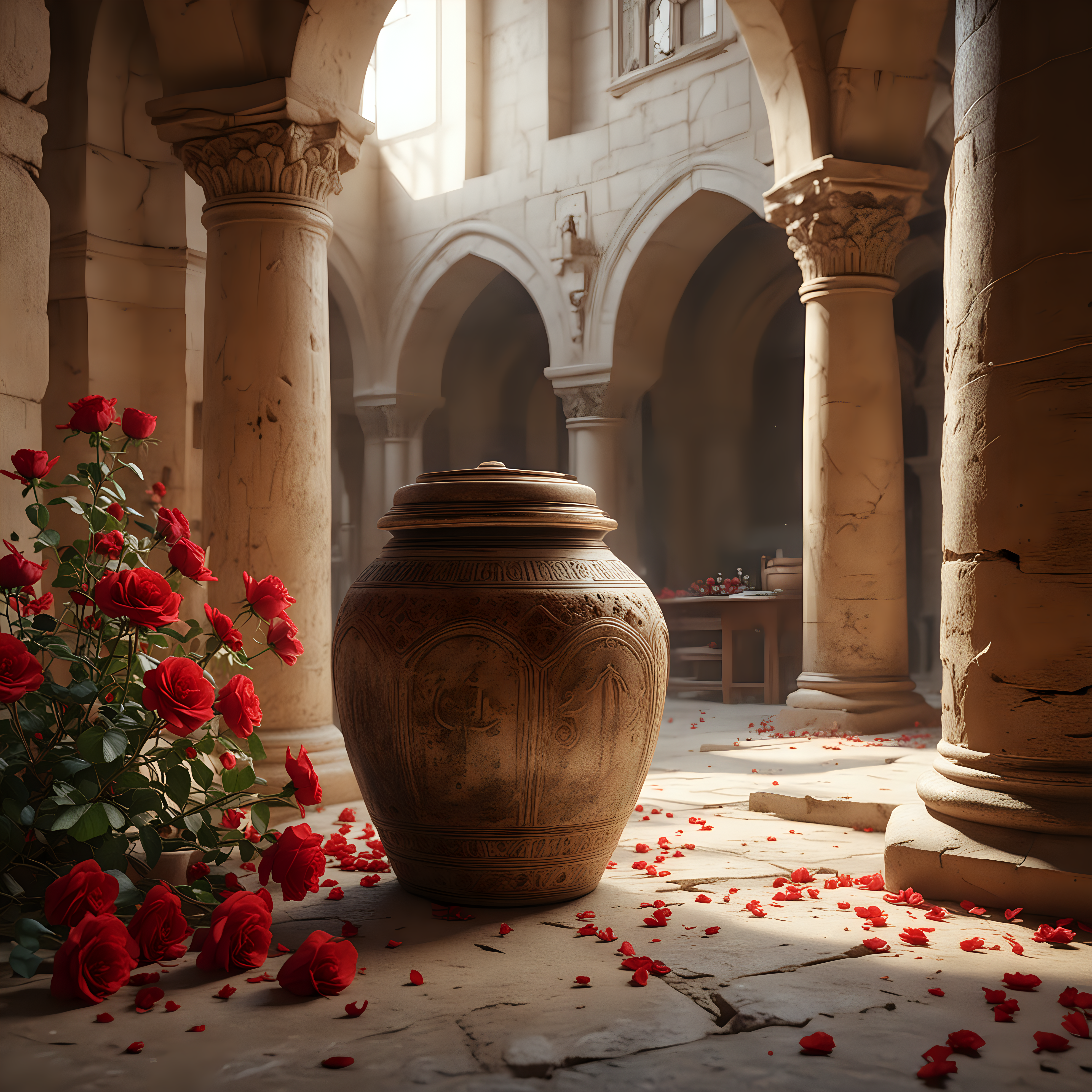“Blessed are the peacemakers for, they shall be called the children of God.” I love the seventh Beatitude. It is about having an expansive perspective of cosmic consciousness. The seventh key to happiness is the culmination of spiritual growth. It’s the outcome of embodying the essence of the first 6 keys to happiness in our lives.
As peacemakers, we are called to bring harmony and unity to our relationships and surroundings. We understand that peace begins with us, within our own hearts. When we have inner peace, we radiate that peace outwards and can positively impact those around us.
This is the eighth post in a series on The Beatitudes, 8 keys to happiness that Jesus gifted to the world in his Sermon on the Mount. This series is meant to be read in order, so if you have not read the first seven, I suggest you do so and then circle back to this one.
In this post, you’ll discover:
- What a peacemaker looks like
- What makes peacemakers so special
- What cosmic consciousness is and how it’s relevant to peacemaking
- How to become a peacemaker yourself and find happiness therein
Blessed Are The Peacemakers
The first thing to point out here is that the term “peacemaker” is a very specific and deliberate choice. Jesus could have said, “Blessed are the peacekeepers” or “peace lovers,” but he didn’t. Blessed are the peacemakers. Peacekeeping and peace-loving are great, but let’s be honest—they don’t quite fit the style of the Beatitudes. They’re a bit too smooth sailing. The Beatitudes are all about challenging states of being. And surely, “peacemaking” is the toughest of the three.
Loving peace is great, but most of us love peace anyway, don’t we? Peacekeeping takes a bit more effort, but it’s still just about maintaining the status quo.
Making peace is a different story. Breaking up fights is not easy. Not only do you have to reckon with the difficult task of quelling people’s anger and hostility, but you also are putting your own neck out there, making yourself an easy target for the ire of both warring parties. Peacemaking, therefore, requires tremendous courage, perseverance, and tact. In short, one’s capacity for peacemaking is directly tied to mastery of Beatitudes 1-6.
Peacemakers As Children Of God
Following up on scrutinizing the deliberateness of word choice in this Beatitude, what’s up with the second part of the seventh Beatitude: “for they shall be called children of God.” Why isn’t it simply, “for they are children of God” or “they will become children of God?” Think about it. Doesn’t it seem a bit vain to focus on what you will be called?
The reason why this clause is important is because it gets at the most important quality of peacemakers, which is the palpable presence of peace that they embody and radiate. In other words, they will be called children of God because you can’t help but recognize the presence of God in them.
Have you ever met someone who effortlessly exudes an aura of peace? It’s not just a fleeting sense of calm, but a profound and unshakeable tranquility that seems to permeate their very being. Peace is the mark of a great saint. Peace is the energy of a bodhisattva. You can’t help but notice. That’s why saints are depicted with halos. These are people who have a light about them. They make you a better person just by being around them and basking in this Divine glow. They cause you to reflect more deeply on what’s important to you, on who you are, on who you would like to be. And that’s how the peacemakers make peace.

Peacemaking From A Place Of Strength
We’ve covered this point in posts on the previous Beatitudes, especially when it comes to meekness and forgiveness, but it’s worth reiterating here. Peacemaking comes from a place of strength, NOT weakness. Again, these people are not averse to walking straight into a firestorm; they are not afraid of sticking their necks out by directly confronting a state of deep conflict or discord. Peace is not the absence of conflict, but rather an active effort to create harmony. Peacemakers bridge divides and promote reconciliation instead of division.
Sometimes it’s hard for us to wrap our minds around the concept of how a peaceful person can overcome something as volatile as hatred or violent conflict. There is a beautiful passage from the Tao Te Ching that captures the essence of this paradox.
“Nothing in the world is weaker than water
Tao Te Ching, foundational Daoist text
But against the hard and strong
Nothing outdoes it
For nothing can change it.”
Bruce Lee once famously said in an interview, “Be like water, my friend.” His philosophy in both martial arts and personal life was very much influenced by Daoist concepts like this one. “Nothing outdoes it for nothing can change it.” This is exactly what it means to be a peacekeeper. Peacekeepers inspire change because of how unwavering they are in their own embodiment of peace. They lead by example in a way that conveys and inspires great strength in themselves and others.
When Violence Is Unavoidable
What you have to understand about religious scriptures is that they are foundational texts that contain the recorded teachings of prophets—the greatest of peacemakers, the children of God. But the world generally does not take kindly to peacemakers, at least not at first. Gandhi was assassinated. So was Martin Luther King, Jr. Jesus was crucified. Countless children of God have been martyred simply for their efforts to make peace. These people were not afraid to give their own lives for peace. But ultimately, they wanted to save as many other lives as possible. And they understood that their followers would naturally be targets of violence.
New religions have always faced heavy persecution in their infancy. Hence, verses like this one from the Qur’an.
“Those who have been attacked are permitted to take up arms because they have been wronged– God has the power to help them—those who have been driven unjustly from their homes only for saying, ‘Our Lord is God.’ If God did not repel some people by means of others, many monasteries, churches, synagogues, and mosques, where God’s name is much invoked, would have been destroyed.”
Qur’an, 22:39-40
Sometimes, the most sincere efforts to make peace fail. And nobody knows this better than the peacemakers. They taught people to make every effort possible to make peace but were also realistic about the fact that sometimes violence is unavoidable, as in the case of self-defense.
Making Peace Before It’s Too Late
The Bhagavad Gita, which was Gandhi’s favorite scripture and is often praised as a treasured classic of religious literature, is literally a dialogue between the soldier Arjuna and Krishna, an incarnation of the god Vishnu, who is trying to convince Arjuna to follow through with leading his army into a bloody civil war. As a lover of peace, he doesn’t want to follow through with the battle, but what choice does he have? He is already on the battlefield facing the opposing army. If he lays down his arms, his people will simply be massacred. There is no way at this point to make peace.
And this is precisely why peacemakers are so important. They are willing to risk their lives because they understand how much more devastating the loss of life will be if peace is not made before it’s too late.
In the mid-20th century, African Americans in the United States were angry with the way they were still being treated as second-class citizens nearly a century after the abolition of slavery. Martin Luther King, Jr. was probably angry too. But he saw where that anger was leading. He saw riots breaking out everywhere—from Los Angeles, to Chicago, to New York—and he kept calling out for peace. While others were crying out for revenge, he was calling out for love. Even when the police were authorized to use force against the peaceful protestors who followed Martin Luther King, Jr., none of them retaliated with violence because they were in the comforting presence of a child of God who gave them strength. They knew that it was not too late to make peace.
Cosmic Consciousness Of Peacemakers
In the Bhagavad Gita, Krishna grants Arjuna a vision of Brahman, the ultimate nature of reality, so that he can see the cyclical nature of creation and destruction, the illusory nature of death, and many other great spiritual truths. Simply put, he is able to see his situation from the grandest perspective possible. In 1901, the Canadian psychiatrist Dr. Richard Maurice Bucke, would call this state of awareness “cosmic consciousness,” inspired by his own mystical experience.
Cosmic consciousness is the ability to see beyond ourselves and to see our lives from a broader, universal standpoint. It’s about understanding that we are all interconnected and part of something much greater than ourselves. We realize we are all children of God and thereby feel the true importance of peacemaking.
Edgar Mitchell And Carl Sagan
Speaking of cosmic consciousness, Edgar Mitchell, a pilot on the historic 1971 Apollo 14 mission to the moon, had his own mystical experience while up in space. In his book Earthrise, he writes about a fascinating moment that reminds me of what it means to have a cosmic perspective:
“You develop an instant global consciousness, a people orientation, an intense dissatisfaction with the state of the world, and a compulsion to do something about it. From out there on the moon, international politics looks so petty. You want to grab a politician by the scruff of the neck and drag them a quarter million miles out and say, look at that!”
Edgar Mitchell, American astronaut
When you’re that high up, you don’t see the national borders. You develop an experience of cosmic consciousness.

Carl Sagan, the famous astronomer and popular science educator known for his TV series “Cosmos,” also wrote eloquently about this experience of cosmic consciousness. Reflecting on one of the famous photographs of Earth taken from space, he wrote,
“Look at that dot. That’s here. That’s home. That’s us. On it everyone you love, everyone you know, everyone you ever heard of, every human being who ever was, lived out their lives. The aggregate of our joy and suffering, thousands of confident religions, ideologies, and economic doctrines […] on a mote of dust suspended in a sunbeam.”
Carl Sagan, astronomer and host of Cosmos series
This vantage point instantly changes our thinking. We realize that so much of what we argue about is insignificant in the grand scheme of things. We feel inspired to be peacemakers because we see how foolish and shortsighted the alternative is.
Seeing The World Through Cosmic Consciousness
When you see yourself from a universal perspective of cosmic consciousness, you understand that you’re part of a massive tapestry of life, every thread interwoven with another.
There’s a beautiful translation of this Beatitude from Aramaic to English. “Integrated are those who joyfully knit themselves together within, for they shall be stamped with the seal of cosmic identity.”
And how do you knit yourself together? You guessed it—through the other six Beatitudes!
The seventh key to happiness is the culmination of spiritual growth. Becoming a peacemaker is the fruit of mastering the other six Beatitudes.
- Blessed are the poor in spirit, for theirs is the Kingdom of Heaven
- Blessed are those who mourn, for they shall be comforted
- Blessed are the meek, for they shall inherit the earth
- Blessed are those who hunger and thirst for righteousness, for they shall be filled
- Blessed are the merciful, for they shall be shown mercy
- Blessed are the pure in heart, for they shall see God
These other six Beatitudes are all about finding inner peace in the most difficult of circumstances. They give you a taste of the deepest peace that comes from closeness to God. They make you want to help others find that same place of peace within themselves. And they embolden you with the knowledge that peacemaking is always possible.
Finding Happiness Through Peacemaking
Blessed are the peacemakers, for they will be called the children of God.
We are never more like God than when we make peace. We are never more ourselves than when we choose love over hate, and understanding over judgment. As Martin Luther King, Jr. said,
“Power at its best is love implementing the demands of justice, and justice at its best is love correcting everything that stands against love.”
Martin Luther King, Jr.
Peace-making is not easy. It takes courage, strength, and resilience. But it is the most powerful tool we have for creating positive change in our world. And when we actively strive to be peacemakers, we become true children of the Divine—living examples of love in a world that desperately needs it.
Peacemakers are the ones who break the cycle and stop the escalation. The one who offers grace and gives the benefit of the doubt—not because this is the right thing to do—but because it creates peace within you, and that peace undoubtedly touches everyone in your vicinity.
If you find yourself unhappy, ask yourself: How much time did I spend today making peace?
Not ignoring conflict, not tolerating meanness, not looking the other way and walking away, but entering mercifully into it. And making peace. Trust me. It’ll make you happy in the deepest way possible.
Frequently Asked Questions
The seventh Beatitude means that those capable of bringing peace to all around them are the ones who can be called children of God because peacemaking comes from a place of deep inner peace–the kind of inner peace that only comes from fully recognizing and realizing our fundamental unshakeable connection with God.
7 is a holy number because it represents completion, represented by God’s 7 days of creation. Even though the 7th Beatitude is not the final Beatitude, it, too, represents completeness because it is the culmination of the first six Beatitudes, which prepare one to take on the final, most important, and most difficult Beatitude, which is the 8th.
A peacemaker is not just a person who wants peace or wishes to see peace, but someone who actually brings peace where previously it was not present. Peacemakers are those who seem to effortlessly radiate and make peace wherever they go because they have cultivated such a powerful state of inner peace that becomes almost contagious.
Jesus was called a peacemaker because that was ultimately his main purpose on Earth. He came to bring peace to humanity: peace amongst one another and the deeper sense of peace that comes from reestablishing connection to God. Like all great peacemakers, Jesus was willing to sacrifice his own life to make this happen.
Paragraph
Paragraph



